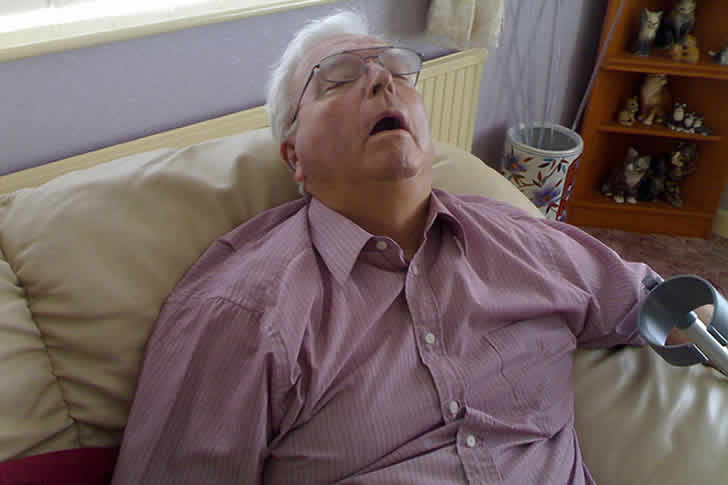Living with Parkinson’s Disease can be challenging, but proper management of symptoms and dopamine levels can improve quality of life. Here are strategies and tips for living well with this condition.

Parkinson’s Disease is a progressive neurodegenerative disorder that affects movement and other functions. It is characterized by the degeneration of dopamine-producing neurons in the brain, leading to various motor and non-motor symptoms.
Dopamine is a crucial neurotransmitter responsible for transmitting signals in the brain that regulate movement and coordination. In Parkinson’s Disease, the lack of dopamine leads to many of the symptoms experienced by individuals.
Recognizing the symptoms of Parkinson’s Disease is essential for early diagnosis and management. Symptoms are typically divided into motor and non-motor categories. Understanding these can help in effective treatment and daily management.
Work closely with your healthcare provider to adjust medications as needed. It’s vital to take medications consistently and at the same time each day to maintain stable dopamine levels.
Parkinson’s Disease also brings emotional challenges. Addressing these is crucial for comprehensive care.
Join local or online support groups where you can share experiences and coping strategies with others who understand.
Consult with psychologists or psychiatrists to manage anxiety, depression, and other mood disorders. Cognitive-behavioral therapy (CBT) can be particularly beneficial.
Practices like meditation, deep breathing exercises, and progressive muscle relaxation can reduce stress and improve mental well-being.
Regular monitoring by healthcare professionals ensures that treatment plans remain effective and are adjusted timely. Regular check-ups can also help manage and anticipate new symptoms.
Document your symptoms daily to help your healthcare provider make better-informed decisions about your treatment. Note how symptoms vary with different activities or medications.
For some individuals, advanced treatments might be necessary.
A surgical procedure where electrodes are implanted in the brain to stimulate areas affected by Parkinson’s Disease. It can significantly reduce motor symptoms for some individuals.
Lean on family, friends, and community resources for support. Caregivers play a pivotal role in managing daily activities and ensuring a person with Parkinson’s Disease has the necessary support.
Managing Parkinson’s Disease involves a comprehensive approach, focusing on balancing dopamine levels and addressing symptoms through various strategies. By understanding the disease, utilizing medications effectively, maintaining a healthy lifestyle, and seeking support, individuals can achieve a better quality of life.
Always consult with healthcare professionals for personalized advice and treatment plans tailored to your specific needs.
Explore the Tranquil Bliss of Idyllic Rural Retreats

Ultimate Countdown: The 20 Very Legendary Gaming Consoles Ever!

Understanding Halpin and its Influence

Affordable Full Mouth Dental Implants Near You

Discovering Springdale Estates

Illinois Dentatrust: Comprehensive Overview

Embark on Effortless Adventures: Unveiling the Top in Adventures Made Easy Outdoor Equipment

Unveiling Ossur Valves: Innovation in Prosthetics

Unlock the Full Potential of Your RAM 1500: Master the Art of Efficient Towing!
